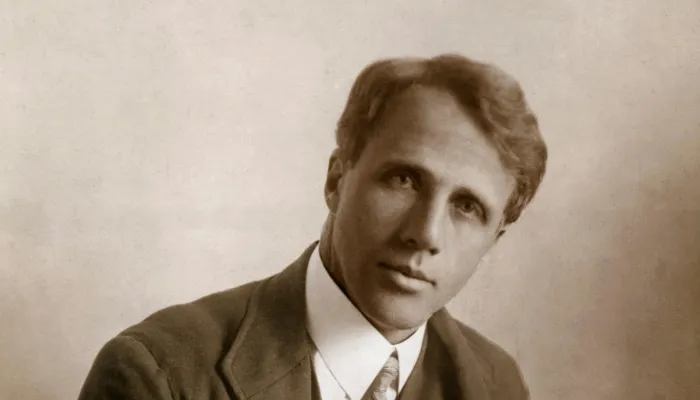Elee Kraljii Gardiner
Biography
Elee Kraljii Gardiner’s first book of poems, serpentine loop (Anvil Press, 2016), nominated for the 2017 Raymond Souster Award, handles physicality and the body while considering gender and other social issues. Her second book, the long poem memoir Trauma Head (Anvil Press, 2018), which won the Cogswell Award for Literary Excellence and was shortlisted for the Kroetsch Award for Innovative Poetry and nominated for the Souster Award, also concerns the body but from a medical perspective. She is coeditor with John Asfour of V6A: Writing from Vancouver’s Downtown Eastside (Arsenal Pulp Press, 2012), shortlisted for the 2012 City of Vancouver Book Award, and editor of Against Death: 35 Essays on Living (Anvil Press, 2019), a finallist for the Montaigne Medal and Hoffer Grand Prize. She is also the author of three chapbooks: Residence, WATCHER with Gary Barwin, and Trauma Head: the medical file. She is a recipient of the Lina Chartrand Award for Social Justice and the Pandora’s Collective BC Writer Mentor Award. She holds an MA in Hispanic Studies from the University of British Columbia and an MFA from the Institute of American Indian Arts. Elee is interested inter-genre texts that combine memoir, documentary and poetry of witness and is a frequent collaborator with writers, choreographers, visual artists, and musicians. She also has a practice of visual and sound poetics and is interested in nature-based installations. She has been busy reading Leanne Betasamosake Simpson, Joan Naviyuk Kane, Anne Carson, and Bhanu Kapil. Originally from Boston, Elee lives on the traditional and unceded territories of the Squamish, Tsleil-Waututh and Musqueam Peoples, where she works at Vancouver Manuscript Intensive. eleekg.com
Micro-interview
I didn’t read poetry! I read lyrics, narrative, essays, and fiction. When I moved to Vancouver I connected with BC poets including Betsy Warland, Rachel Rose, and Wayde Compton and began writing poems. All of them explore form in groundbreaking ways that have instructed my interests.
I wrote my first poem in 2008 at age 37. I claimed the word “poet” not when I started publishing, but when all other writing fell by the wayside.
To question, indict, document. To reveal a facet of a problem that might have been overlooked or misunderstood. To play. To wrestle words into strange patterns. To complicate things. To untangle and then reknot the world.
I would have to choose a simple, simple, simple one because memorizing is so hard for me, which is probably why I am so excited by Poetry In Voice and the abilities of the students. Aspirationally, I would look to the poems of Jordan Abel, Liz Howard, Sina Queyras, Claudia Rankine, Sandra Ridley, Leanne Betasamosake Simpson, Rita Wong, and Wayde Compton for words I want to hold in repetition. My list is long. There are fields and fields of BIPOC and female and LGBTQ2S authors that I want to read closely and remember well.


